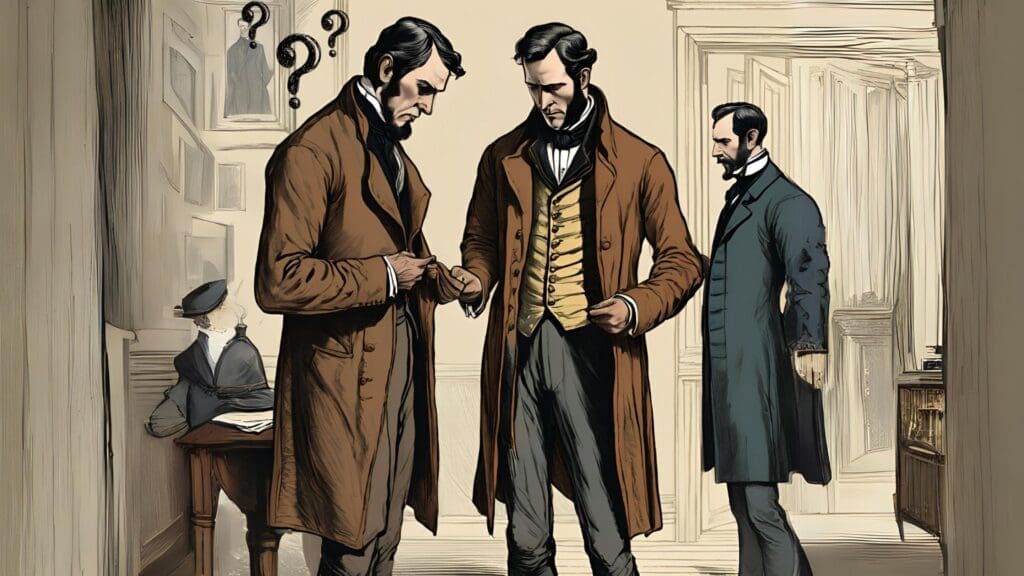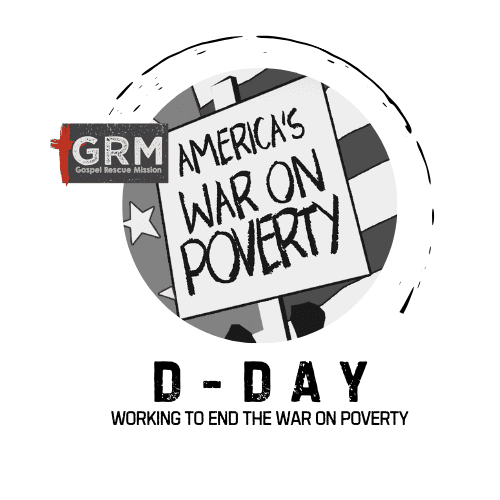People often rise and fall on the image of how we see them.
There is a story told about a man in a small village of England, who the literature refers to as a “sot”. A sot is a drunkard. Think of Otis from Andy Griffith. Otis’s identity was as the town drunk. Nobody expected anything different from him so throughout the entire length of the show, Otis was the town drunk. That was something similar to what was happening to this “sot.”
One day, a small group of townsfolk came up with an ingenious plan. Finding the “sot” sleeping off his most recent drunken frenzy on the sidewalk, they gently woke him up and led him to a high-end apartment. The “sot” was still a bit foggy and went back to sleep. When he woke up in a soft bed, a crowd of men and women were standing around him ready to serve him. Confused, the “sot” asked what was going on. The crowd responded that he had suffered from a mental illness and forgotten that he is actually nobility. For the next several weeks, they treated him as any nobleman would be treated.
During that time he cleaned up and began to believe that he really was nobility. One of the servants read to him from the Scriptures that talked of how a ruler should not be a drunkard. They coached him (always couching it as a reminder) on the finer points of leadership. They taught him how to eat with silverware and how to speak politely. They put him in fine clothes and helped him to be groomed and experience life as nobility.

Soon the “sot” lived as a prince. He began doing work befitting a prince and lived a royal life. My question to you, my friends, what would happen if we began to treat men and women who are homeless as if they were nobility? Honestly, consider it. Most programs treat them as children who cannot care for themselves. They are ignored, or worse, cared for the way a parent cares for a child.
Is royalty too far? The Bible actually teaches that if we are Christians, we are sons and daughters of God. If that is true, and God is King of Kings, does that not make us royalty? This can be true of those on the street. These are God’s beloved. Honor them by expecting more. Love them by serving them.
That will, though, require time. There is no way to really serve anyone by handing food or money through a window or putting a box of food in the back seat of their car. Serving them requires us to sit with them, drink a cup of coffee with them, listen to their stories, and then help them craft a plan toward freedom and purpose. For some folks it might take multiple conversations and also some tough talk when they get to their self-designed walls. Those walls were forged because they were, and are, needed for a season of their lives. If you try to rush them through the process, you are likely to scare them off or even do damage to them. The process needs to be gentle where needed and strong where needed.
Consider the example of Jesus. The woman caught in adultery was in trouble. It is safe to say she was hurting. Her accusers were hoping to trap Jesus by laying out only two options. He could ignore the sin and let her go. That is the direction that many on the left want to take. She has a right. They would fight to get the man (it takes two in most cases to commit adultery). They would not allow her to take any blame for her choices. The other option is to use the force of the law to persecute her. This is often the mindset of the right. Punishment is the only viable solution to end homelessness or poverty. We will beat them into right living. Jesus, however, is not trapped because he knows that there are more options. First, the legalists need to look at themselves first. Secondly, the woman needs to change her life. He does not take time to figure out who to blame. He offers healing to the woman and to her male accusers as well.


